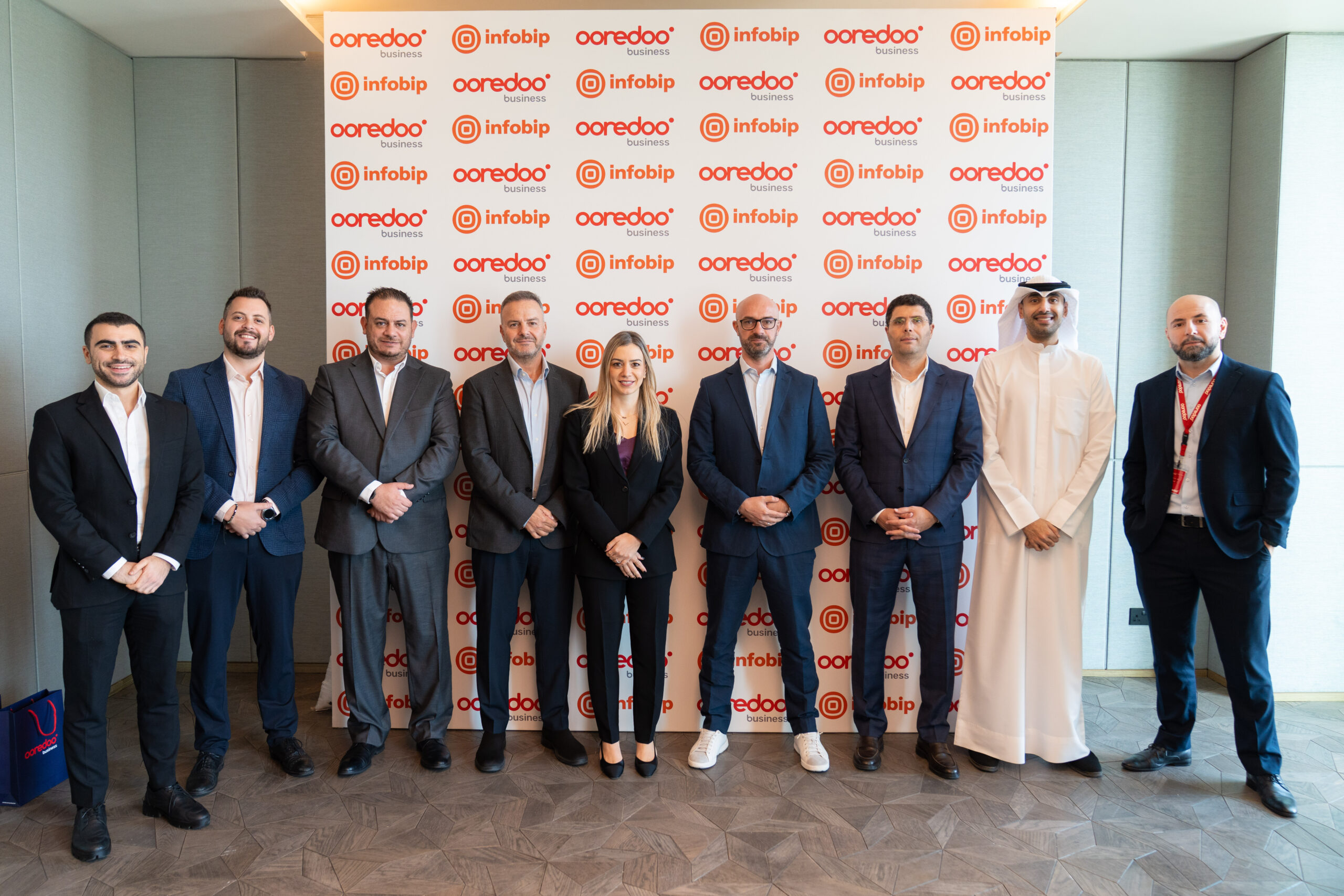In this exclusive interview, Kasun Illankoon speaks with Dr Ryan Dougherty, Co-Founder and CEO of Dawraty Educational Group. Dr Dougherty shares the inspiration behind Dawraty, an AI-powered education platform built to localise and personalise learning for university students in the Middle East. He discusses the challenges of fragmented resources, the role of AI in transforming higher education, and Dawraty’s expansion roadmap across Kuwait, Bahrain, Jordan, and beyond — all while addressing the unique needs of students in medicine and engineering.
What inspired you to launch Dawraty, and what specific challenges in the Middle East’s higher education sector are you aiming to address?
The idea for Dawraty stemmed from our own experiences as medical students in Kuwait, where we witnessed first-hand how fragmented and generalised most learning resources were. Students were juggling PDFs, YouTube videos, overpriced tutors and outdated notes, none of which were built with local context in mind. The Middle East has aspiring students, but they are underserved by tools that neither reflect their curricula nor adapt to their individual pace.
We launched Dawraty to tackle five core challenges: the lack of personalised content, inefficiencies in sourcing reliable material, high costs for quality tutoring, poor engagement from static resources, and a shortage of trusted, specialised content in fields such as medicine and engineering. Dawraty was created to localise and personalise digital education in high-stakes, high-effort fields that demand depth, accuracy and motivation.
2. How does Dawraty’s AI-driven platform adapt to local curricula and personalise learning experiences for students in medicine and engineering?
Our personalisation engine begins with an onboarding assessment that maps a student’s strengths, knowledge gaps, learning style and pace. Based on this, we generate a dynamic study guide tailored to their university’s curriculum. This isn’t merely a content playlist — it evolves as students progress.
Dawraty aligns directly with syllabi at institutions such as Kuwait University, AGU Bahrain, and the University of Jordan. Our AI adapts quiz difficulty, flashcard reviews and lesson sequencing according to real-time performance. An integrated AI tutor supports learners 24/7 with instant answers and personalised feedback.
We complement this with interactive video modules, gamified learning tasks and simulation-based tools to keep students actively engaged. By fusing AI with human insight, we’ve created a continuous learning loop that grows with the learner.
3. Could you share a success story or impact metric that highlights Dawraty’s value in one of your current markets?
In Kuwait, where we launched our pilot, we partnered with instructors from leading medical universities to build course-aligned review materials. Within the first 12 months, over 5,000 students enrolled, and we recorded a 70% completion rate across our most intensive medical review modules — nearly double the regional average for online course engagement.
Perhaps most telling was the student feedback: over 85% reported feeling better prepared for final exams compared to traditional study methods. One notable success came from our exam-prep programme for biostatistics, where students who subscribed to our course achieved at least a one-letter grade increase compared to the class average.
4. With your expansion into Kuwait, Bahrain, Jordan, and upcoming plans for Saudi Arabia and the UAE, what market dynamics or needs shaped this roadmap?
We focused on countries with a strong base of universities, centralised curricula in health and engineering, and high mobile penetration among students. Kuwait and Bahrain were natural starting points given our roots and network. Jordan followed due to its large pool of medical and engineering students, particularly from the University of Jordan, Mutah, and Al-Balqa.
Saudi Arabia and the UAE offer scale and infrastructure. Saudi has over two million university students and is rapidly embracing edtech. The UAE, with its private sector orientation and openness to innovation, provides fertile ground for our B2B SaaS offerings. We’re tailoring our approach for each: direct-to-student in Kuwait and Jordan, institutional partnerships in the UAE, and hybrid pilots in Saudi Arabia.
5. How do you see AI transforming higher education in the Middle East over the next five years — and where does Dawraty fit within that future?
AI will narrow the gap between high-volume classrooms and individualised learning. Over the next five years, we expect to see three major shifts: adaptive content that responds to student performance, AI tutors handling routine faculty queries, and predictive analytics identifying at-risk students early.
Dawraty is actively building towards this future. Our roadmap includes deeper integration of natural language processing, localised voice assistants and course-specific AI tutors designed to replicate high-quality human mentorship. We aim to go beyond passive content delivery — we’re working towards personalised learning companions that support students from pre-med to residency, or from undergraduate engineering to professional certification.
6. What’s been the biggest hurdle in localising digital education tools for diverse university systems, and how have you addressed it?
The biggest challenge has been content alignment. Even when two universities offer the same course — say, pharmacology — the depth, sequence and assessment formats often differ. Generic platforms tend to overlook these nuances.
We addressed this by hiring local instructors and building bespoke curriculum maps for each institution. We don’t merely translate; we localise. We also developed a content tagging engine that enables instructors to map their material to institutional syllabi, ensuring students always access the most relevant content first. This modular approach has helped us scale personalisation without compromising quality.
7. Finally, what advice would you offer to other founders building AI-powered solutions for the region’s education sector?
Solve for the student first. It’s tempting to build flashy tech, but if it doesn’t help the user study smarter, it won’t endure. The region is full of ambition but underserved by contextually aware solutions. Don’t copy and paste models from abroad — listen, localise and pilot.
Secondly, combine tech with trust. In education, credibility is everything. Partner with respected instructors, focus on high-impact subjects and prove your outcomes. Students and institutions will follow.
Lastly, invest in multilingual, mobile-first design. Your users are likely juggling multiple responsibilities, limited time and mixed language fluency. If your product adapts to their world — not the other way around — you’ll earn loyalty quickly.









